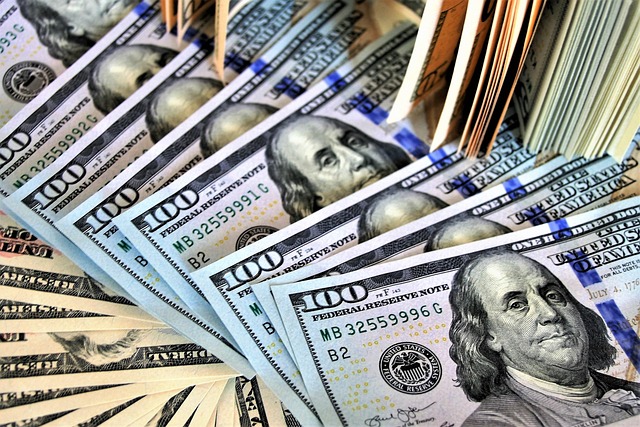By investing in money market funds, you are leaving the world of FDIC insured bank deposits to get a pickup in yield. However, money market funds can invest in different types of securities, and some are more prone to disruption than others. Investors should be careful and conservative when choosing a money market fund.
Types of Money Market Funds
Not all money market funds are created equal. According to this article, there are several types of money market funds. A “prime” money fund may invest in floating-rate debt and commercial paper issued by corporations. During times of crisis, these markets may freeze, potentially impacting the liquidity of your invested cash. Be aware of the risks!
Money Market Risk
In 2008 the Reserve Primary Fund held only 1.5% of its assets in Lehman Brother’s commercial paper, but the fund “broke the buck,” meaning its NAV per share traded for less than $1.00. Investors were unable to access their cash, or worse, had to take losses.
Access to Cash is Key
Though various programs have been put in place since the 2008 money market debacle, investors should keep in mind why they are investing in a money market fund in the first place. Money market funds should protect cash against inflation without adding risk. As a value-investor focused on the downside, I prefer money market funds investing in short-term treasuries or equivalents. If you are looking for better returns, consider your time-horizon and invest in another asset class like equities. While it is great to make a higher yield on your cash, the true value of cash, in my opinion, is its optionality. If you can invest yours at a time when others are desperate to flee risk assets, you set up your portfolio for superior long-term returns. Therefore, it is extremely important to maintain access to your cash during a recession or a crisis! Keep your funds in government or treasury money market funds for higher returns than the bank but also a high likelihood of avoiding disruption.
